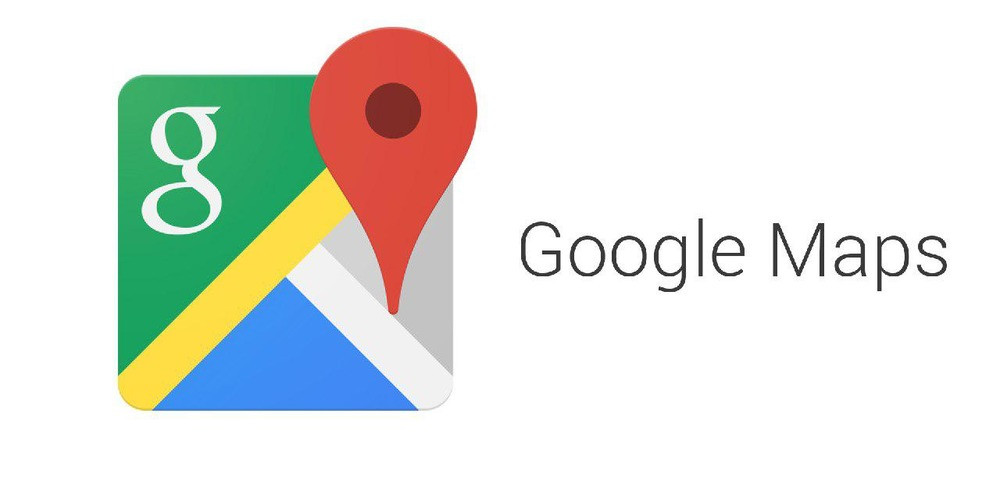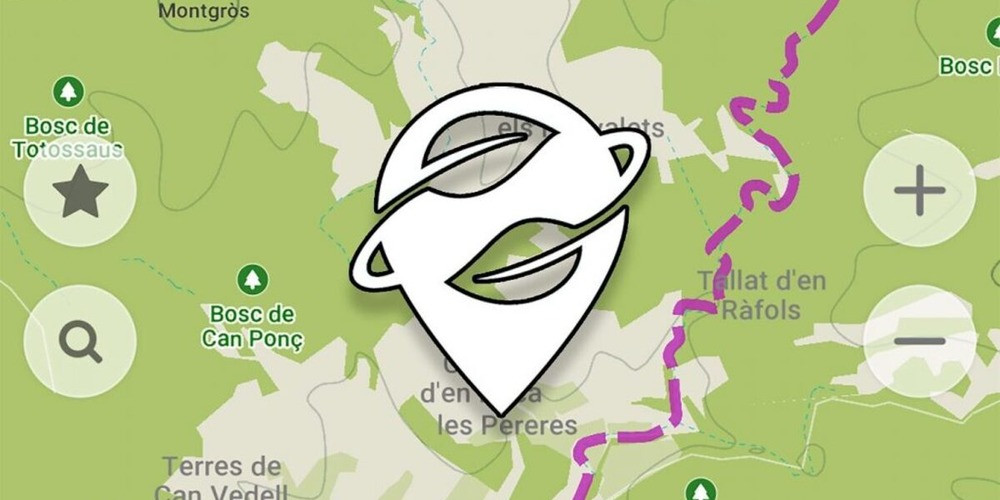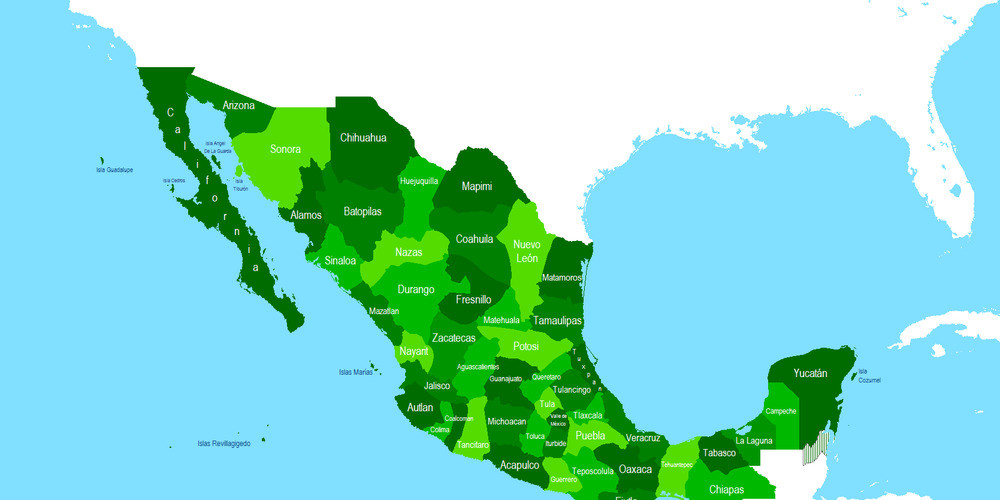Discover Organic Maps: The Privacy-Focused Alternative to Google Maps
2024-02-16

In a world where digital privacy concerns are increasingly coming to the forefront of public consciousness, many users find themselves searching for alternatives to mainstream applications that respect their right to privacy. Google Maps, while a ubiquitous presence on Android devices and highly popular among iOS users as well, has faced criticism for its location tracking and data collection practices. For those looking to navigate the digital and physical world with a greater sense of security, Organic Maps emerges as a compelling option, offering a range of features designed with privacy in mind.
Why Seek Alternatives to Google Maps?
The dominance of Google Maps in the world of digital cartography is undeniable. Pre-installed on Android devices and widely used across various platforms, its convenience and functionality are hard to dispute. However, concerns over privacy, location tracking, and the intrusive nature of targeted advertisements have led some users to reconsider their options. Furthermore, Google Maps' reliance on a constant data connection can be a limitation for those traveling in areas with poor coverage or looking to conserve their data usage. It's within this context that Organic Maps positions itself as a privacy-first alternative.
Organic Maps: A Closer Look at the Privacy-Focused Navigator

Organic Maps is an open-source navigation app that caters to the needs of drivers, cyclists, and hikers, emphasizing user privacy above all. Unlike Google Maps, Organic Maps does not track users' locations, collect personal data, or bombard them with advertisements. This approach not only respects users' privacy but also provides a clutter-free and focused user experience. The app's functionality without a constant data connection is another significant advantage, allowing for seamless navigation even in remote or poorly connected areas.
Features and Functionality of Organic Maps
- Offline navigation capabilities, eliminating the need for a continuous data connection.
- A commitment to privacy, with no location tracking or data collection.
- Ad-free experience, ensuring that users' searches and navigation are not used for targeted advertising.
- Support for a wide range of activities, including driving, cycling, and hiking, with appropriate routing options for each.
Available on Android, iOS, and Huawei's AppGallery, Organic Maps is accessible to a broad audience, requiring Android 5 or higher and iOS 12 or later for installation.
Setting Organic Maps as Your Default Navigation App

For those ready to make the switch to Organic Maps, setting it as the default navigation app on their device is a straightforward process. On Android, this involves navigating to the Settings app, selecting 'Apps,' and then choosing the app you wish to no longer set as default under 'Open by default,' before turning off the 'Open Supported Links' option. Following this, you can then proceed to set Organic Maps as your default navigation app. The process may vary slightly between different versions of Android and iOS, but the basic principle remains the same: granting Organic Maps the permissions it needs to serve as your primary means of navigation.
Embracing a World of Privacy-Focused Navigation
In conclusion, Organic Maps offers a refreshing alternative for those concerned with digital privacy and looking for a reliable, user-friendly navigation tool. By prioritizing user privacy and offering functionality that respects this principle, Organic Maps stands out as a beacon for those navigating not just the physical world but the complex landscape of digital privacy as well. Whether you're an avid hiker exploring the backcountry, a cyclist navigating city streets, or simply someone who values their privacy, Organic Maps provides a compelling alternative to the mainstream options. As our digital lives become increasingly intertwined with our physical existence, choosing applications that respect our privacy is more important than ever. Organic Maps is a step in the right direction, offering a glimpse into a future where our digital tools serve us, without compromising our privacy.






